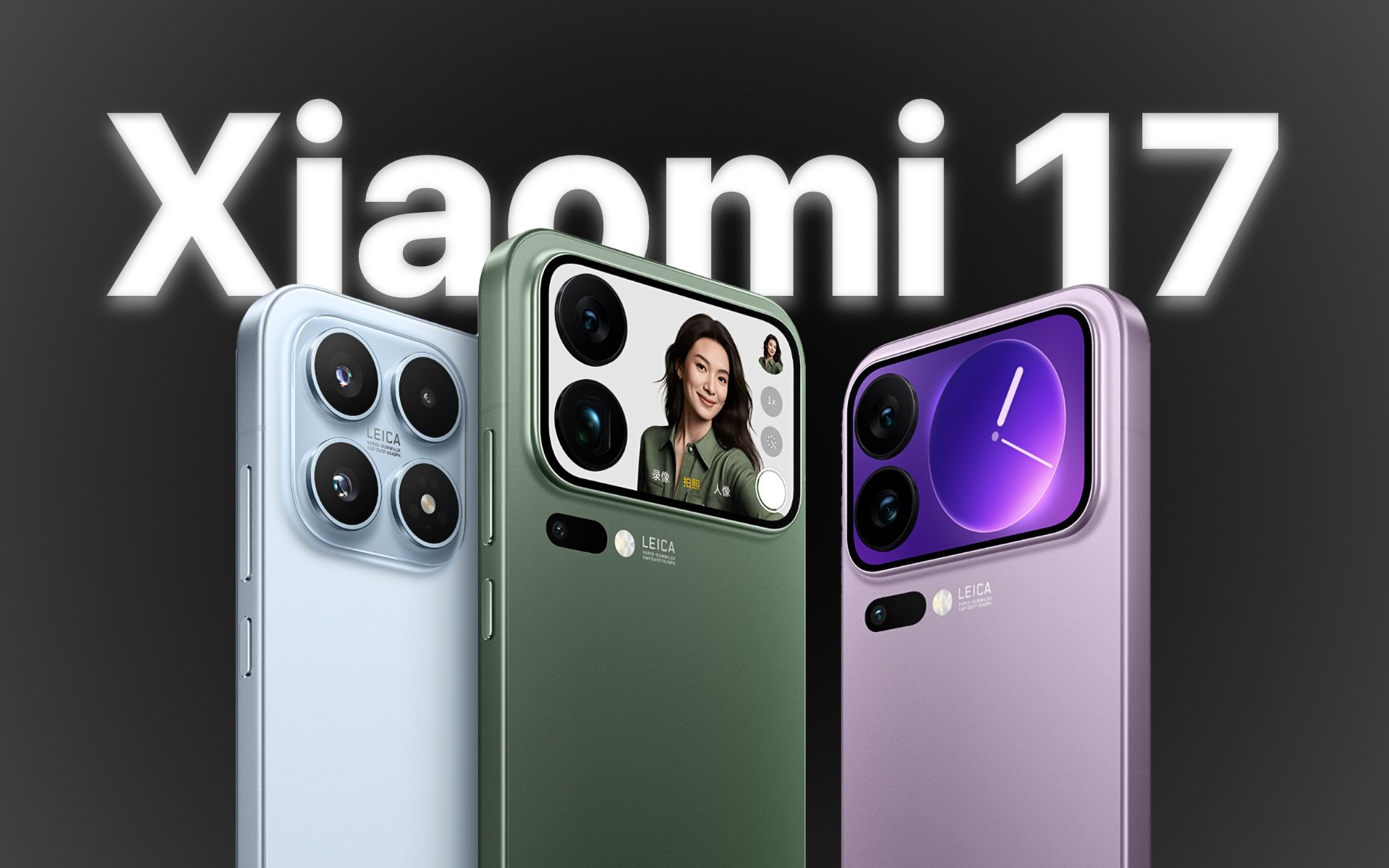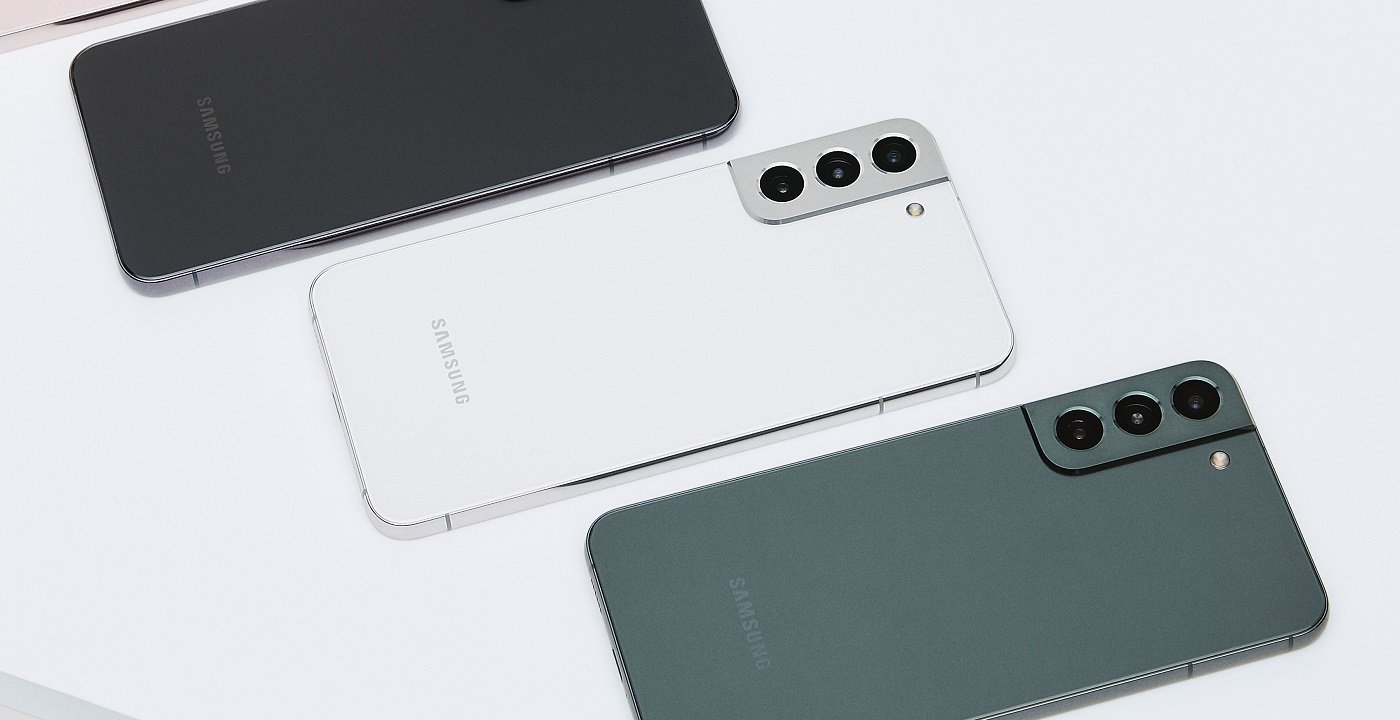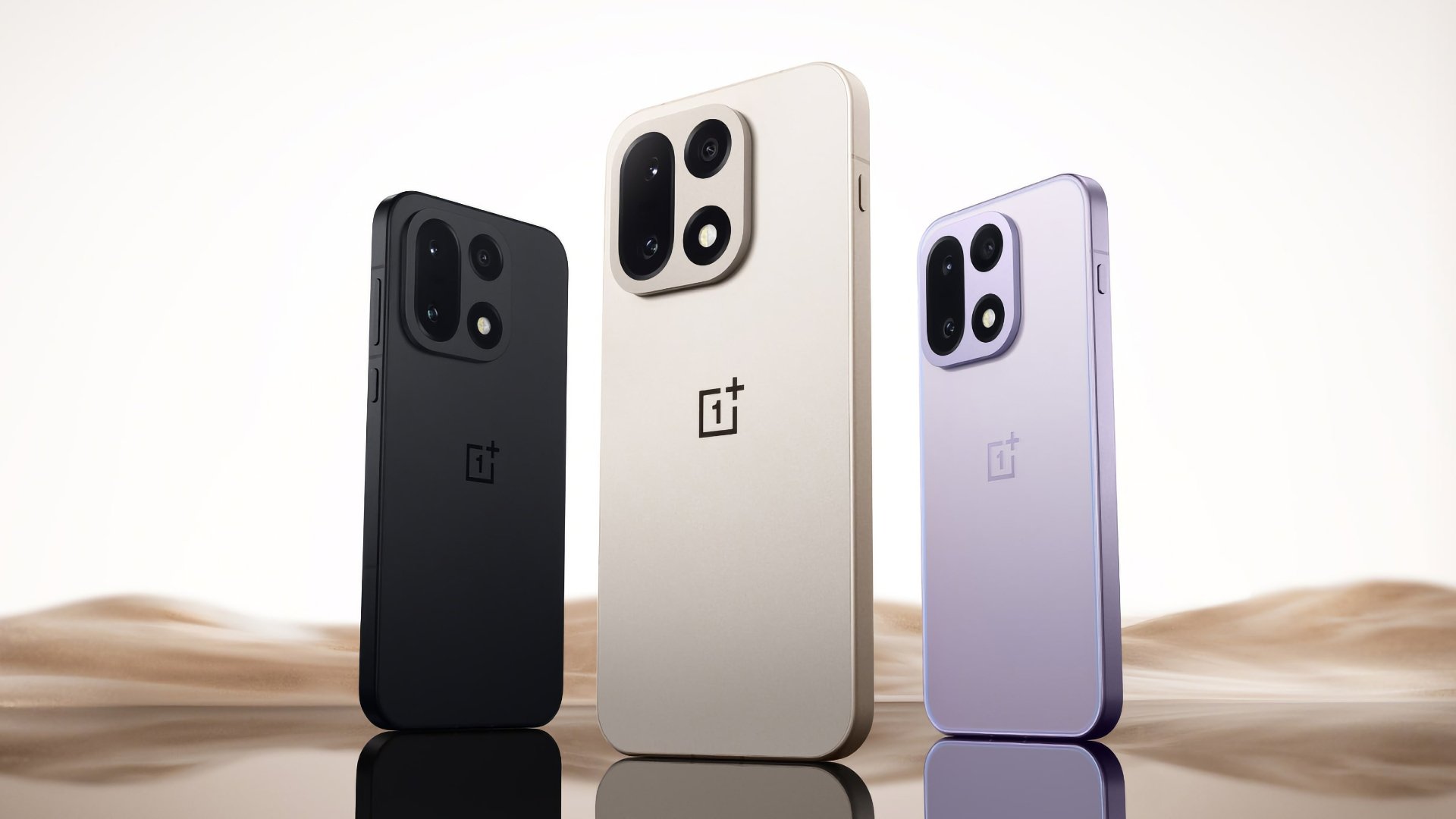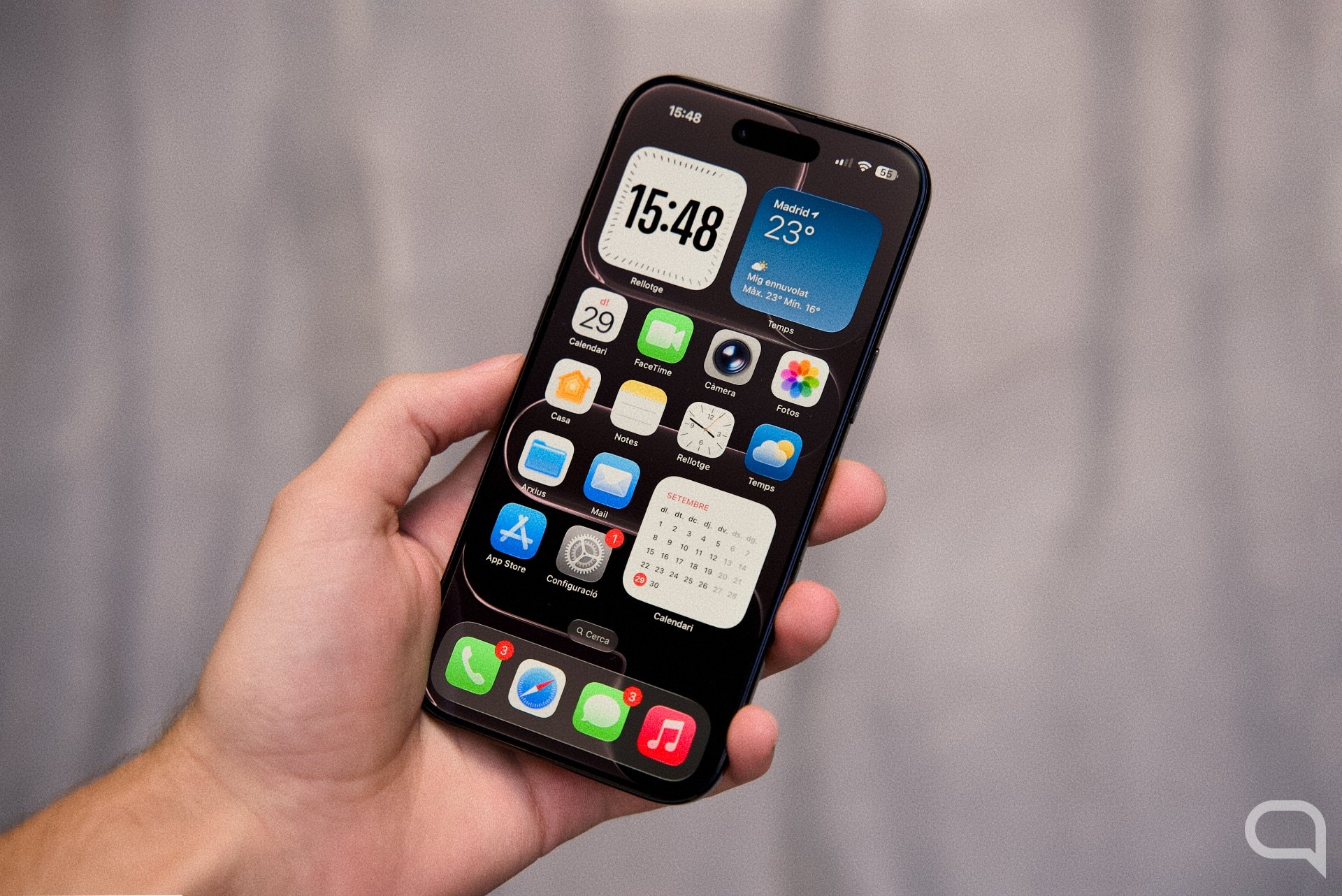Not long ago, Brazilians seeking access to cutting-edge technological innovations had to have a lot of money to travel and buy, or the patience to wait for them to arrive in Brazil. In many cases, it was necessary to have both, as products were priced exorbitantly when they arrived.
This scenario has changed significantly in recent years, not only in terms of the amount of innovations reaching the Brazilian consumer, but also in terms of the speed with which it happens.
The smartphone market is perhaps one of the best examples in this regard. Brazil has become one of the largest global markets with over 240 million devices in 2021.According to Fundação Getulio Vargas’ (FGVcia) 32nd Annual Survey on the Use of IT in Companies, conducted by the Center for Applied Information Technology of the São Paulo Business School. That’s why we have more than one smartphone per person. As such, high-end electronics manufacturers play a key role in democratizing access to high-end smartphones in the country, expanding the portfolio with options that meet different consumer profiles, both in terms of price and features.
But just having a great model offer is not enough. Democratization means, above all, allowing a large segment of the population access to innovations that change people’s lives globally. Looking at the last few years, we can divide this strategy into two main movements. The first is in its strategy of bringing features previously only available on premium smartphones to more affordable models. The second move, accelerated last year, is to bring all the benefits of 5G connectivity to as many Brazilians as possible.
Over the last few years, premium smartphone features have been increasingly consistently carried over to entry-level and mid-range devices. For example, in our portfolio we offer mid-range products with a powerful processor, a battery that lasts up to two days, and innovative camera benefits such as night mode and stabilization for smoother images with less vibration.
Another concern is the return on the amount invested in your devices. Examples of scaling OS updates for up to four generations reassure smartphone buyers that they will have a device with extended support.
Talking about democratizing access to innovation requires defining strategies for expanding access to 5G, which is considered the country’s next big technological leap. We know that these new internet networks are starting to revolutionize fields as large as infrastructure, health and education, and we know that the ability to transform the tasks of our daily lives is “in the palm of our hand”.
That’s why we’re working to offer a growing portfolio of 5G devices in the Brazilian market, with smartphone models in different price ranges that meet a variety of consumer needs and lifestyles. Thus, 5G technology will open up a world of possibilities for local consumers, as it will enable faster and more stable connections, seamless connectivity of multiple devices, and the use of more complex services that require high-speed data. .
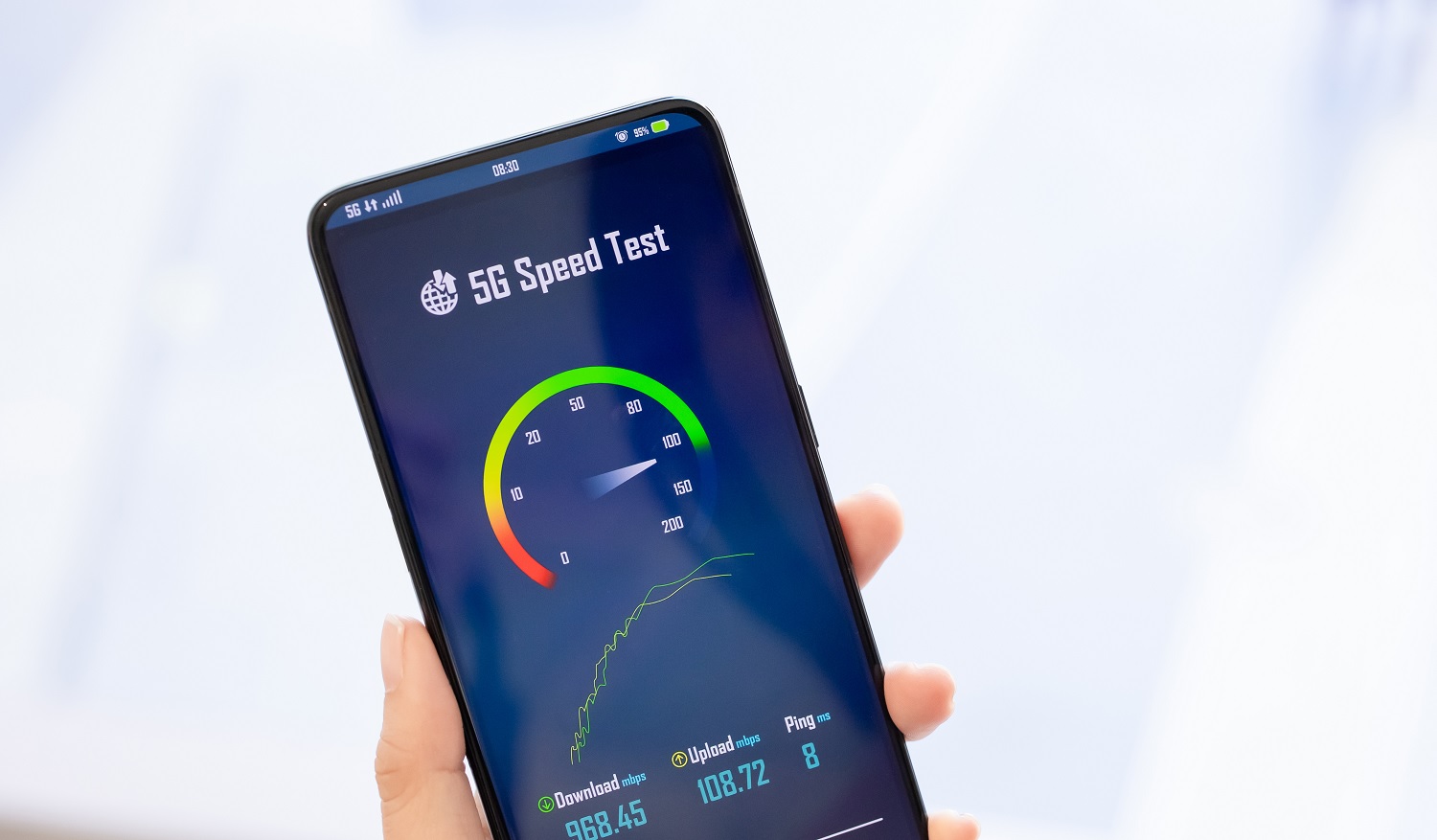
We must also understand the need to bring new technologies to more consumers. Since the start of the pandemic, technology found in mobile devices has become more and more integral to consumers’ lives, from longer and more frequent video calls to the consumption of entertainment content and the use of their smartphones at work and work.
This is the importance and positive impact that democratization of the latest technologies can bring for people. This is a strategic move that could expand access to these innovations to reach more and more consumers across Brazil.
***
Alexander the Great He is senior director of product and business intelligence at Samsung Brazil.
Source: Tec Mundo




